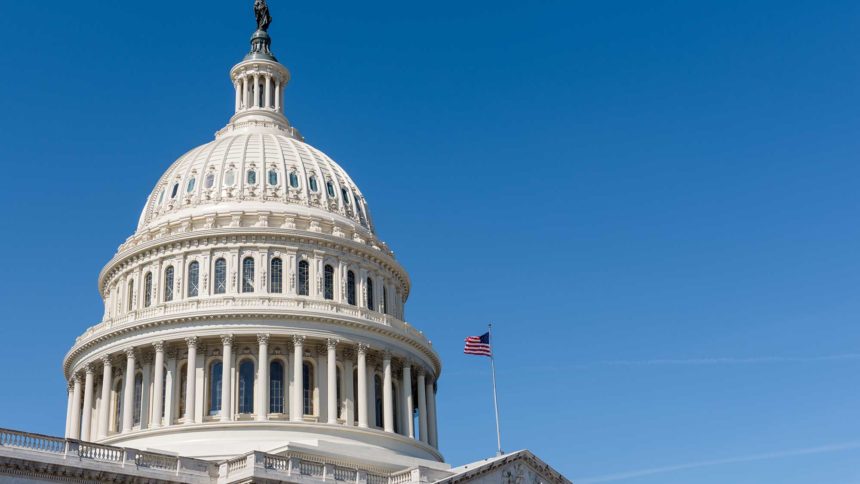
Editor’s note, Dec. 28: President Trump signed the bill Dec. 27.
The $1.4 trillion appropriations omnibus spending bill advanced by congressional leaders on Monday includes an increase of more than $300 million in funding for dementia research at the National Institutes of Health for fiscal year 2021.
With this increase, annual funding for NIH research into Alzheimer’s disease and other dementias would top $3.1 billion, according to the Alzheimer’s Association and the affiliated Alzheimer’s Impact Movement.
The spending package also includes $15 million — a $5 million increase — to fund and implement the BOLD Infrastructure for Alzheimer’s Act (P.L. 115-406) to create a national public health infrastructure to increase early detection and diagnosis and support prevention efforts.
And the package includes $27.5 million, an increase of $1 million, to expand direct services through the Alzheimer’s disease program at the Department of Health and Human Services’ Administration for Community Living.
The president is expected to sign the FY21 omnibus spending bill into law.
Additionally, the lawmakers advanced the Improving HOPE for Alzheimer’s Act (S. 880/H.R. 1873), which supports the education of clinicians about the care-planning services available under Medicare and requires HHS to report on the barriers to individuals receiving care-planning services and how the usage rate can be increased.
Some other provisions of the omnibus bill, according to Sen. Roy Blunt (R-MO), chairman of the Senate Appropriations Subcommittee on Labor, Health and Human Services, Education, and Related Agencies:
- $807 million, an increase of $21 million, for the control of healthcare fraud and abuse. Blunt said that for every $1 spent on healthcare fraud and abuse control, the U.S. Treasury recovers $2. This provision is expected to result in more than $10.2 billion in savings to the Treasury over 10 years, he said.
- $1.6 billion to support periodic reviews to ensure that people receiving Social Security disability benefits are still eligible under program rules. The funding, Blunt said, could save approximately $9 billion over 10 years for the Social Security, Medicare and Medicaid programs.



